Living with Covid-19: How Australia compares to the rest of the world
While Australia remains cut off from the world, this is what you can and can’t do around the world right now.
Coronavirus
Don't miss out on the headlines from Coronavirus. Followed categories will be added to My News.
As the world emerges from pandemic lockdowns, Australia maintains some of the most draconian Covid restrictions among western democracies.
Australia has consistently placed stricter conditions on daily life than the other English-speaking nations of Canada, the United States, and the United Kingdom, according to Oxford University’s Covid-19 Stringency Index, a composite measure of nine indicators including school closures, workplace closures, and travel bans.
While New Zealand just surpassed Australia with its snap lockdown, both countries rank near the top of the list for extreme restrictions alongside developing nations, religious regimes and authoritarian dictatorships including, India, Iran, Iraq, China, Venezuela, Palestine and Bangladesh.
These countries are living differently.
ICELAND
After passing its fourth wave, Iceland relaxed restrictions to allow gyms and swimming pools to operate at full capacity. There is a cap of 200 people at public and private gatherings like sporting events and clubs.
Some schools are open with students encouraged to social distance and wear masks. Children aged under 15-years-old are exempt from mask mandates.
Vaccinated citizens, residents, and those with work permits can travel through Iceland with a Covid-19 test within 48-hours.
Unvaccinated travellers need to have a Covid test on arrival and quarantine until getting a second test in five days, leaving once a negative result is returned.
It recorded an average of 30 new cases per day and no deaths for the week leading to September 15, while 76.2 per cent of the country is fully vaccinated.
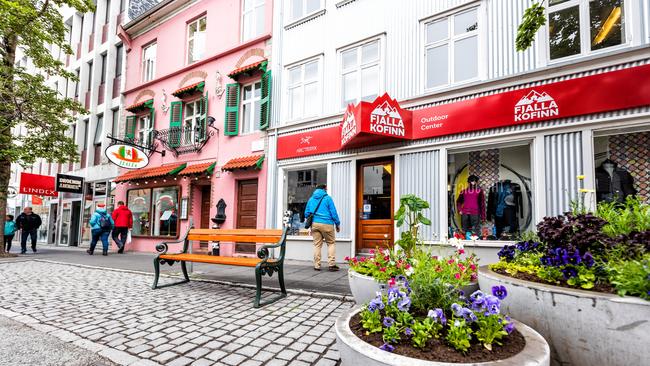
SWEDEN
Sweden began removing restrictions on public and private gatherings, curfews, and masks in July and is set to lift most remaining rules on events by the end of September.
Crowd limits for sporting events and indoor concerts will be lifted by the end of the month, as will the country’s recommendation to work from home.
They aren’t currently planning a vaccine passport to participate in the reopened society, but they are keeping the possibility open.
Foreigners can travel to Sweden with either proof of natural immunity or vaccine or a negative test. Its Nordic neighbours from Denmark, Finland, Iceland and Norway are exempt.
It recorded an average of 1,087 new cases and six deaths per day in the past week, while 60.8 per cent of the country is fully vaccinated.
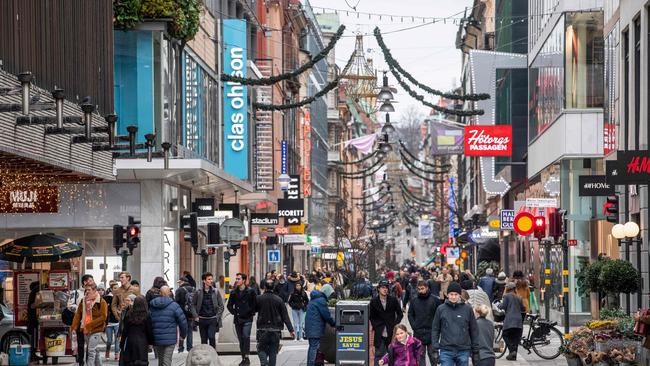
UNITED KINGDOM
Lockdown restrictions were lifted on “Freedom Day” in July, with nightclubs and sporting events either reopening for the first time or operating at higher capacities.
The British government dropped planned vaccine passports to enter crowded events as vaccine rates continued to increase across England.
Travel restrictions, including costly PCR tests before departure and on return from trips abroad, remain in place but the government is looking to scrap them as soon as possible.
Travellers to the UK must currently present a negative Covid test within 72 hours of arrival, while UK residents arriving from “red list” countries need to quarantine at their own expense. They also plan to repeal emergency powers used to shut down schools and businesses.
It recorded an average of 31,156 new cases and 139 deaths per day in the past week, while 66.3 per cent of the country is fully vaccinated.
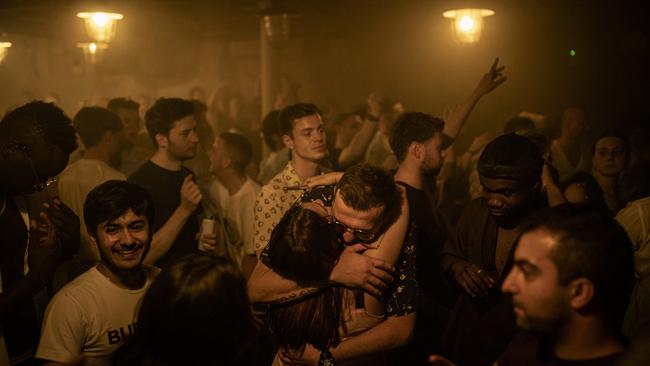
ISRAEL
Israel is one of the most highly vaccinated countries, just behind the UK, but it is seeing a surge in cases amid an outbreak of the Delta variant.
Restrictions that had been lifted in June were reinstated in August. Anyone over the age of three years old requires proof of a negative test result or immunity (Covid vaccination or recovery) to go to “Green Pass” venues like gyms, restaurants and museums.
The Green Pass is required to access most public spaces in Israel, including synagogues, churches or mosques with more than 50 people.
Malls and shops are exempt from the Green Pass, but their capacity has been cut to one person per 75 square feet.
It recorded a daily average of 8,904 new cases and 27 deaths per day over the same week period, while 61.5 per cent of its population is fully vaccinated.
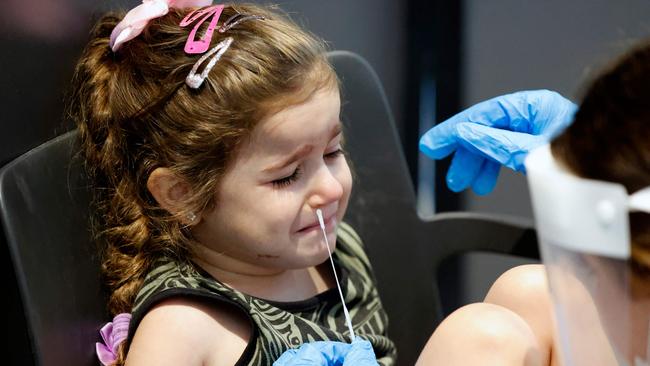
ITALY
Italians are required to show proof of immunity to access restaurants, gyms, swimming pools, sports stadiums, museums, casinos, and cinemas.
The “Green Pass” was introduced in July and has led to mass protests among the Italian public, as the similar “health pass” did in France.
Vaccinated travellers need a Covid test 72 hours before arrival, while unvaccinated travellers must isolate for five days. Once in the country, there are no longer curfews or restrictions on inter-city travel.
All regions in the country are categorized as “very low risk”, meaning most movement and public spaces are open to those with the “Green Pass’.
It recorded an average of 4,660 new cases and 56 deaths per day in the past week, while 64.8 per cent of its population is fully vaccinated.
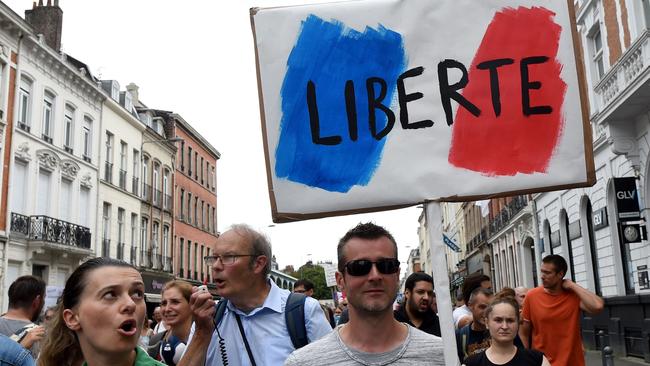
SINGAPORE
Singapore transitioned from an aggressive “Covid zero” policy of lockdowns and restrictions to a “Living with Covid” strategy over the summer.
Fully vaccinated could eat in restaurants, while group gatherings were increased from two to five. They began conditionally lifting quarantine for travellers from Hong Kong and Macao, with a travel lane with Germany and Brunei planned for September.
With the spread of the Delta variant, however, restrictions have returned and further reopenings have been delayed while the government works to contain the outbreak.
Mandatory testing for high-risk workers has been expanded, while workplace gatherings have been banned. Contact tracing and ring-fencing clusters have increased.
It recorded an average of 622 new cases and no deaths per day over the past week, while 78.6 per cent of the country is fully vaccinated.
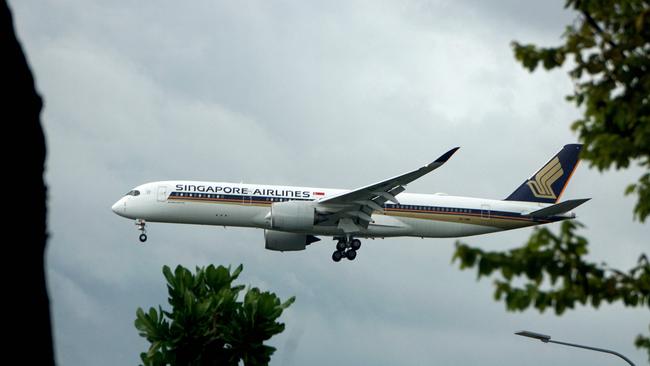
UNITED STATES
Lockdown restrictions in the US vary by each state’s political leanings. Texas and Florida are largely open while California and New York remain more restricted.
New York requires proof of vaccination for access to bars, restaurants, events and venues that have been open over the summer.
The federal government mandated companies with more than 100 employees to require staff to be vaccinated before they can return to the office. Students are returning to classes as local governments and school boards fight over whether they can force children to wear masks.
Land border closures between Canada and Mexico remain in place, but air travel is open with a negative Covid test 72-hours before arrival.
It recorded an average of 152,605 new cases and 1,943 deaths per day over the past week, while 54.1 per cent of the country is fully vaccinated.
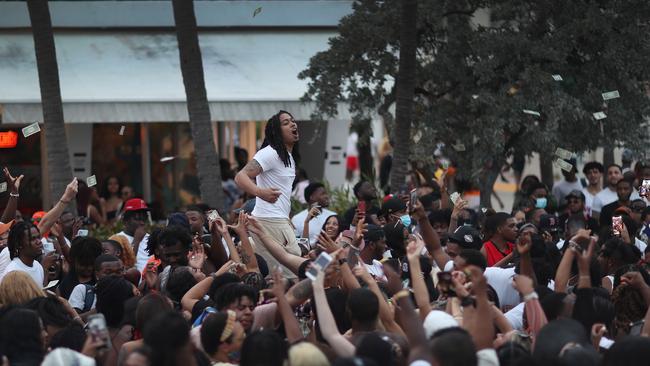
CANADA
Restrictions and mandates vary by province. Albert cancelled plans to end mandatory 10-day quarantine requirements for close contact of Covid cases. It also delayed the rollback of contact tracing and testing.
In provinces where many lockdown and quarantine requirements are lifted, Canadians require proof of vaccination to enter restaurants, clubs, gyms, weddings and ticketed events like sports.
Manitoba issued vaccine cards in June, while Quebec rolled it in early September. British Columbia, Ontario, Nova Scotia and Yukon all have vaccine passports in the works.
Canada lifted quarantine requirements for vaccinated travellers from the US, but all travellers require proof of a negative Covid test 72-hours before arrival.
It recorded an average of 4,301 new cases and 28 deaths per day over the past week, while 67.8 per cent of the country is fully vaccinated.
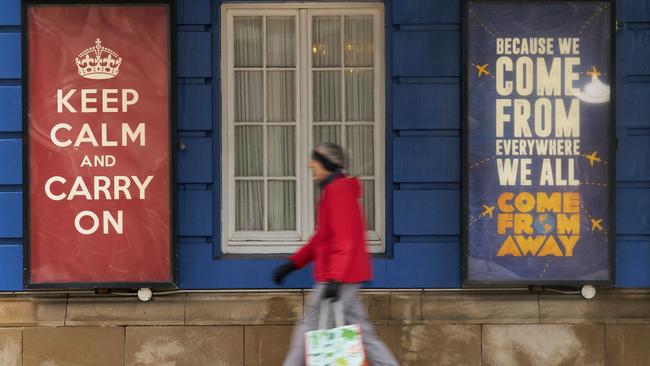
NEW ZEALAND
After a snap lockdown made New Zealand one of the most restrictive countries in the world, the government lowered the alert level to Level 2 to allow schools, businesses and offices to reopen across most of the country.
The order did not apply to Auckland, where the country’s first Covid case in six months was detected in mid-August. The city remains at Level 4 alert status until at least September 21.
For the rest of the country, restrictions were lifted on the number of people in “household bubbles”, travelling to work, and in-person school classes.
Public transport, taxis, and domestic flights were also reopened, with residents and businesses urged to use the NZ Covid Tracer app to track movements.
It recorded a daily average of 22 new cases and no deaths per day over the same week period, while 31.1 per cent of its population is fully vaccinated.
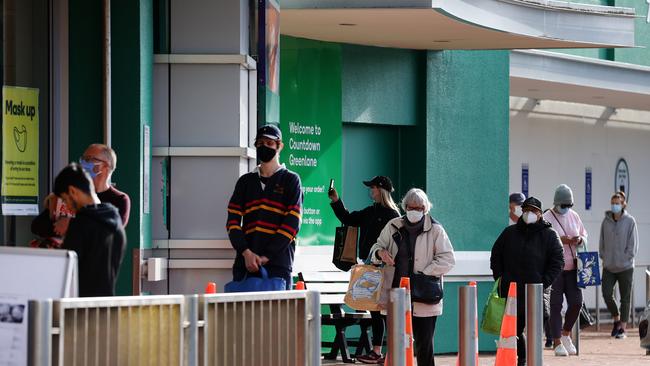
EUROPEAN UNION
While the 27 countries in the European Union have their own restrictions in place, movement across borders within the Schengen Area is facilitated with the EU Digital Covid Certificate.
The digital QR code verifies the status of vaccination, natural immunity or negative test results and is valid in all countries.
After closing its borders in March 2020, the EU directed member states to begin lifting restrictions on non-essential travel into the region from other countries based on their Covid response, including containment measures during travel and reciprocity agreements.
Australia, New Zealand, Canada and Singapore were among only 13 countries on the list of countries recommended for travel to Europe as of mid-September.
More Coverage
Originally published as Living with Covid-19: How Australia compares to the rest of the world
Read related topics:Explainers




